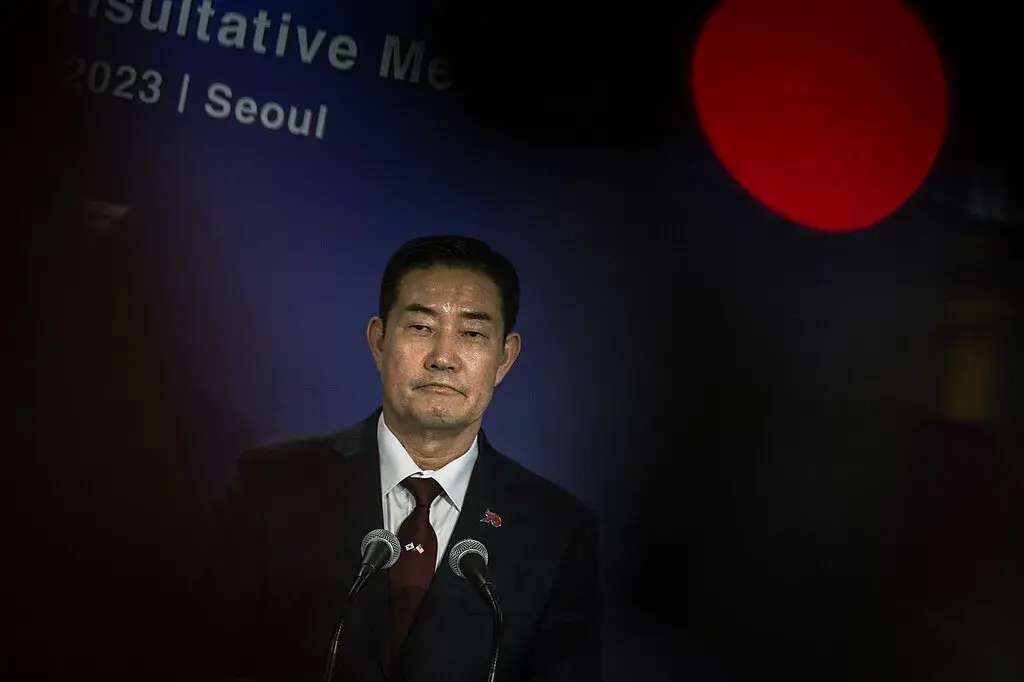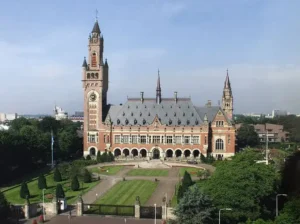South Korea’s Defense Minister, Shin Wonsik, has stated that the new light-water reactor of North Korea is likely to be formally operational by next summer, basing his assessment on observations of cooling system activity.

This aligns with confirmations from the International Atomic Energy Agency (IAEA), which has detected increased activity near the reactor and a strong water outflow from its cooling system in October 2023.
The prospective activation of North Korea’s light-water reactor (LWR) at the Yongbyon nuclear complex has instigated renewed global scrutiny and concerns. While the precise purpose and capabilities of the reactor remain under speculation, its operation raises considerable questions regarding nuclear proliferation, regional security, and diplomatic efforts.
Despite its potential for electricity generation, experts warn that the LWR can also produce plutonium, a key ingredient for nuclear weapons. This concern is amplified by the fact that North Korea already possesses a 5-megawatt reactor at Yongbyon known for producing weapons-grade plutonium, and the LWR’s larger capacity could significantly increase production capabilities.
The IAEA Director General, Rafael Grossi, has expressed concern about the potential violation of UN Security Council resolutions due to the LWR’s operation. The US Mission to the UN has condemned the LWR as a threat to international peace and security, urging stronger implementation of sanctions against North Korea. South Korea and Japan have joined the US in emphasizing the need for stricter sanctions and close international cooperation to address this issue.
While North Korea has not explicitly declared the LWR’s intended purpose, its history of nuclear weapons development fuels anxieties about potential weapons-grade plutonium production. Experts believe adapting the LWR for such production is technically feasible, but whether North Korea chooses to do so remains uncertain.
Some analysts suggest Kim Jong-un aims to leverage an expanded nuclear arsenal to gain leverage in future negotiations with the US, seeking sanctions relief or security guarantees. Others express the risk of further missile tests and military advancements, potentially escalating regional tensions and jeopardizing diplomatic channels.






